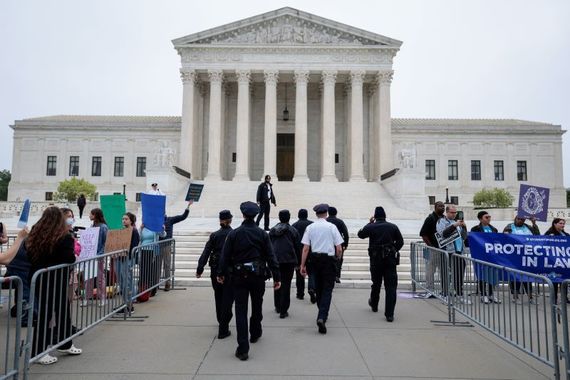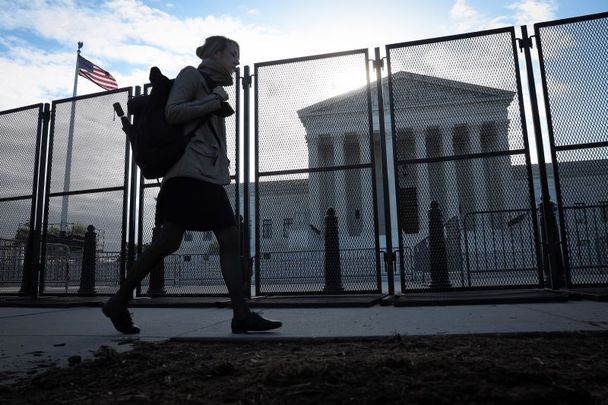I wasn't old enough to vote in Ireland's 1983 abortion referendum, but the Religious Knowledge teacher in my Catholic-run school wasn't constrained by a little thing like that.
One week before the poll count, she brought a videotape to class to proselytize about the need to protect the “unborn child.” The video lasted about twenty minutes. Some retched during it, I recall.
I was 15 and I knew I was gay so I didn't have a dog in the race, but I winced along with my classmates at the bloody images on the screen. When it was over, I raised my hand. Why did you show us this, I said simply, we can't vote in the referendum.
Her expression told me that I was stupid, so she explained to me very slowly that although we couldn't vote, we needed to know what an abortion meant.
But why do we need to know, I asked her? Wouldn't it be better to know that we could have an abortion if we needed one? Sometimes women do, I said, for a host of reasons.
Then I listed a few of the reasons I had read about in Hot Press magazine. I heard some audible gasps behind me. When I looked up again at the teacher, she was threatening me with a visit to the principal.
I wasn't moved by her threats. All this hand wringing about “the unborn child” had already made me suspicious. What about born ones, I wondered? Each day in that school I was learning another unforgettable lesson about what Catholic Ireland had in store for any child who had the bad luck to be born gay, for example.
My teachers could be as homophobic as my classmates, my home could be as unwelcoming as the streets, it was often worse than that actually, but I want to talk about abortion and women's rights here. It seemed to me back then that just like in the United States, the concern for the sanctity of life ran out the moment you were actually born. Then you were on your own.
The country went to the polls in September 1983 and all the unborn children were supposedly protected. That's what we told ourselves. No one gave a lot of thought to the mothers.
In February of the following year, just six months later, I was sitting in the kitchen of the place where I then lived when the news came on about Ann Lovett. She was the same age as me and she had just given birth in a grotto – under a statue of Our Lady – with no one to help her in her distress. She died soon after the birth. No one in her little town wanted to talk to the press about it.
But that story changed me, changed how I felt about Ireland, changed my opinion of the kind of people we were and what I thought we were capable of.
There had been a surfeit of piety and self-congratulation about how holy we were, what a paragon in permissive Europe. But actually, we had been cruel and callous and dismissive. It was, I think, one of our last big communal rejections of reality and modern life.

May 3, 2022: U.S. Supreme Court Police officers set up barricades on the sidewalk as pro-choice and anti-abortion activists demonstrate in front of the U.S. Supreme Court Building in Washington, DC. (Getty Images)
It seems completely extraordinary to me that the US Supreme Court is on the verge of removing settled rights of every woman in this nation, when, even in red-state Texas, the right to choose to have an abortion is supported by 78 percent of voters.
Worse, it is clear to all of us that the most conservative justices on the court lied about their true intentions during their confirmation hearings, a fact that will become more heatedly discussed and destabilizing if their draft ruling overturning Roe v. Wade holds.
If the Court does indeed overturn Roe v. Wade, and then turns to the other historic rulings that it has clearly signaled it is prepared to overturn, this is about as grave a moment as any society can face.
In Ireland, over many decades, we were taught an unforgettable lesson about what happens to a society where a powerful minority tries to dictate something as foundational as rights to the majority. It lasted about as long as the Roe v. Wade ruling itself.
You don't want to go there, but the Supreme Court looks like it's taking us (and themselves) to the brink this summer.




Comments